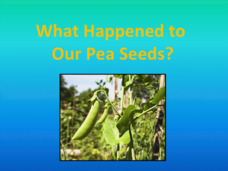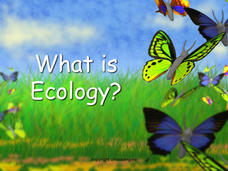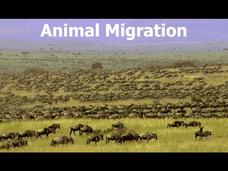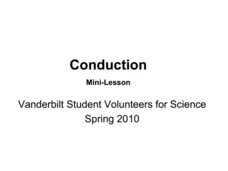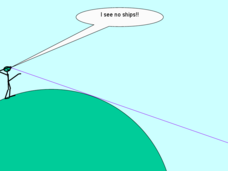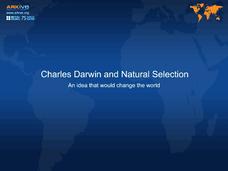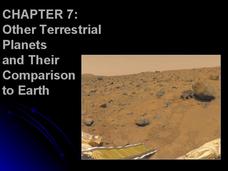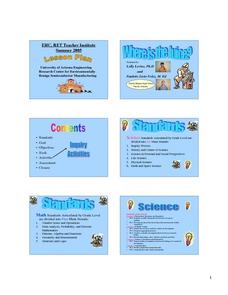Curated OER
How Scientists Work
The arsenal of tools a scientist uses to observe the world are varied. This great presentation gives students a look at some of the strategies they should use when looking at the world around them. The information can be used as a...
Primary Resources
What Plants Need to Grow
What do seeds need in order to grow into plants? This presentation follows what happened every four days during a seed growth and observation study. Images compare how well two sets of seeds did under specific circumstances. Use this to...
Glynn County School System
Cosmology
The past, the present, and the future ... there's so much to discover about the galaxy. Scholars learn about the creation of the universe, its current structure, and how it is changing. The PowerPoint presentation begins with a...
Biology Junction
Kingdom: Fungi
Based on DNA, fungi relate more closely to animals than to plants. This new scientific knowledge shifted the world view of scientists and opened up new classifications. Viewers learn about fungi's place in evolution, in the tree of life,...
Biology Junction
What Is Ecology?
Do you know the name for the biological study of interactions? A short presentation with accompanying worksheet introduces individuals to ecology. The materials offer a broad overview of the subject and the levels of organization to...
University of Washington
Animal Migration
Here is a unique resource to use with middle and high schoolers that deals with animal migration. Viewers discover the reasons for, types of, and animals that practice this behavioral adaptation. Specific animals that are introduced...
Curated OER
Heat and Conduction
This simple activity is ideal for upper elementary learners when studying physical science. Using their sense of touch to describe how hot something feels, and then comparing their observations to thermometer measurements, they discover...
Curated OER
Earth is Round
This series of images shows how ancient people figured out that the world was round. Each slide shows a ship moving around the globe and coming closer to the line of the observer's sight. This is a very simple resource that you could use...
ARKive
Darwin and Natural Selection
A presentation on Darwin's theory of evolution and natural selection could be a good addition to your biology class. It provides general information about how animals adapt to their surroundings, as well as how organisms create more...
Glynn County School System
Terrestrial Planets
Mercury, Venus, Earth, and Mars are collectively known as the terrestrial planets. Although part of the same group, each planet has its own set of characteristics. Scholars explore the characteristics that make the planets unique and...
Curated OER
Where Is The Juice?
Students are introduced to the component's of Ohm's Law. In groups, they practice their problem solving skills by reviewing problems solved earlier. They participate in activities that help them gather information on the importance of...
Curated OER
Introduction to Scientific Illustration
Seventh graders draw scientific illustrations in the lab. In this life science lesson, 7th graders discuss the importance of drawing in science experiments. They differentiate scientific drawing from basic art.

